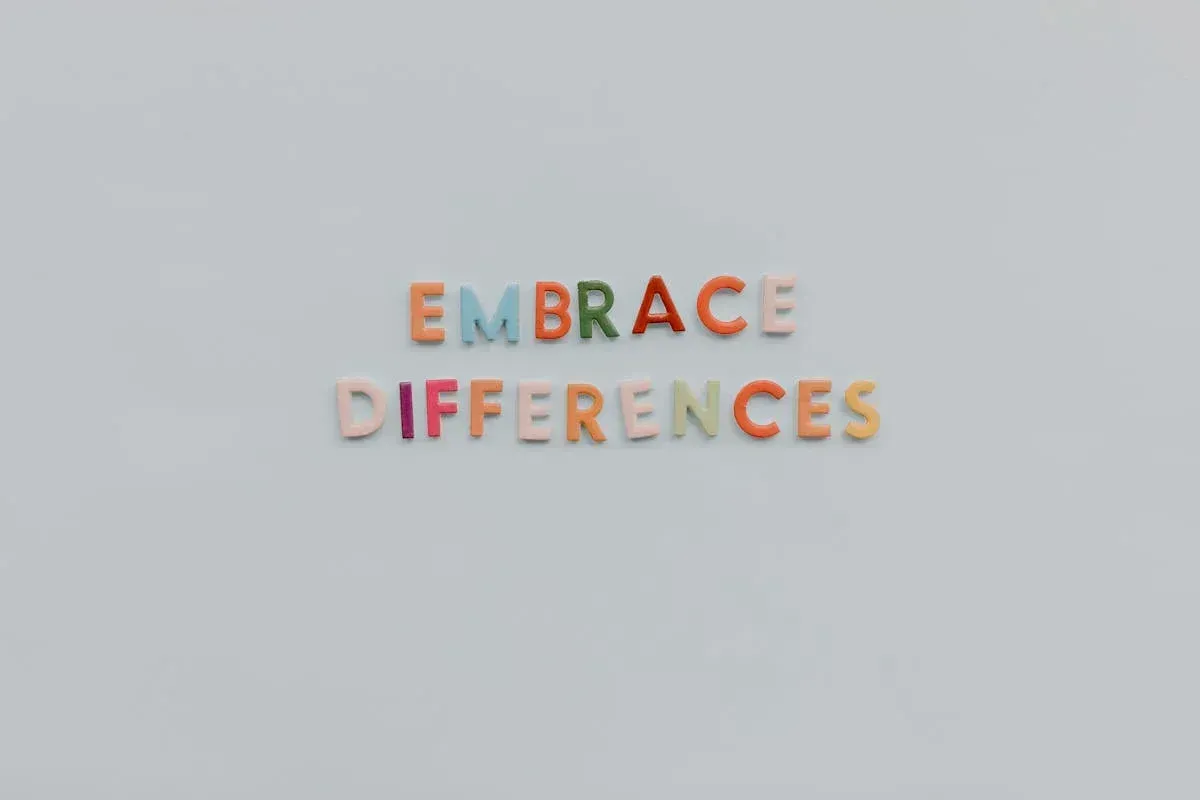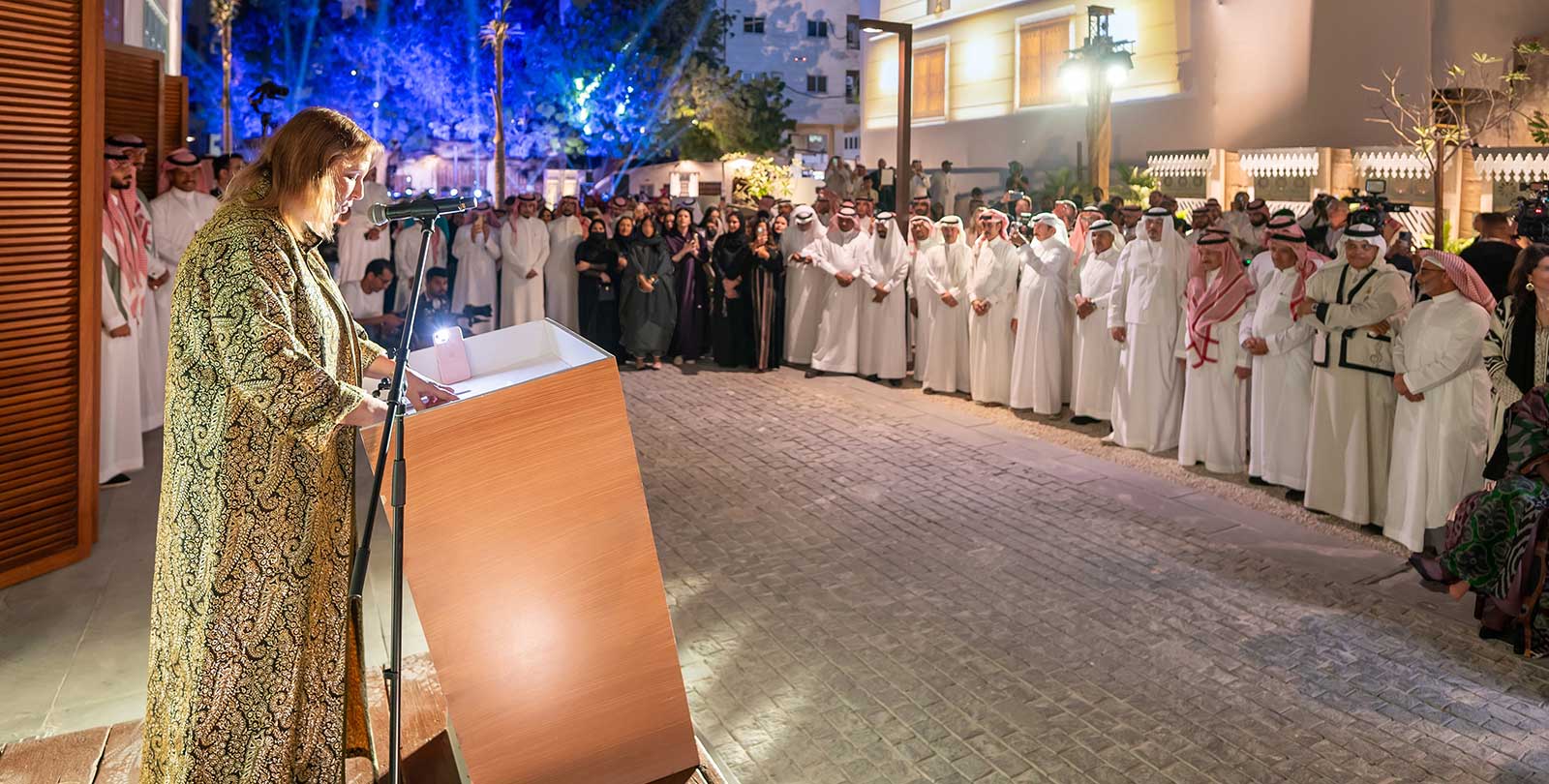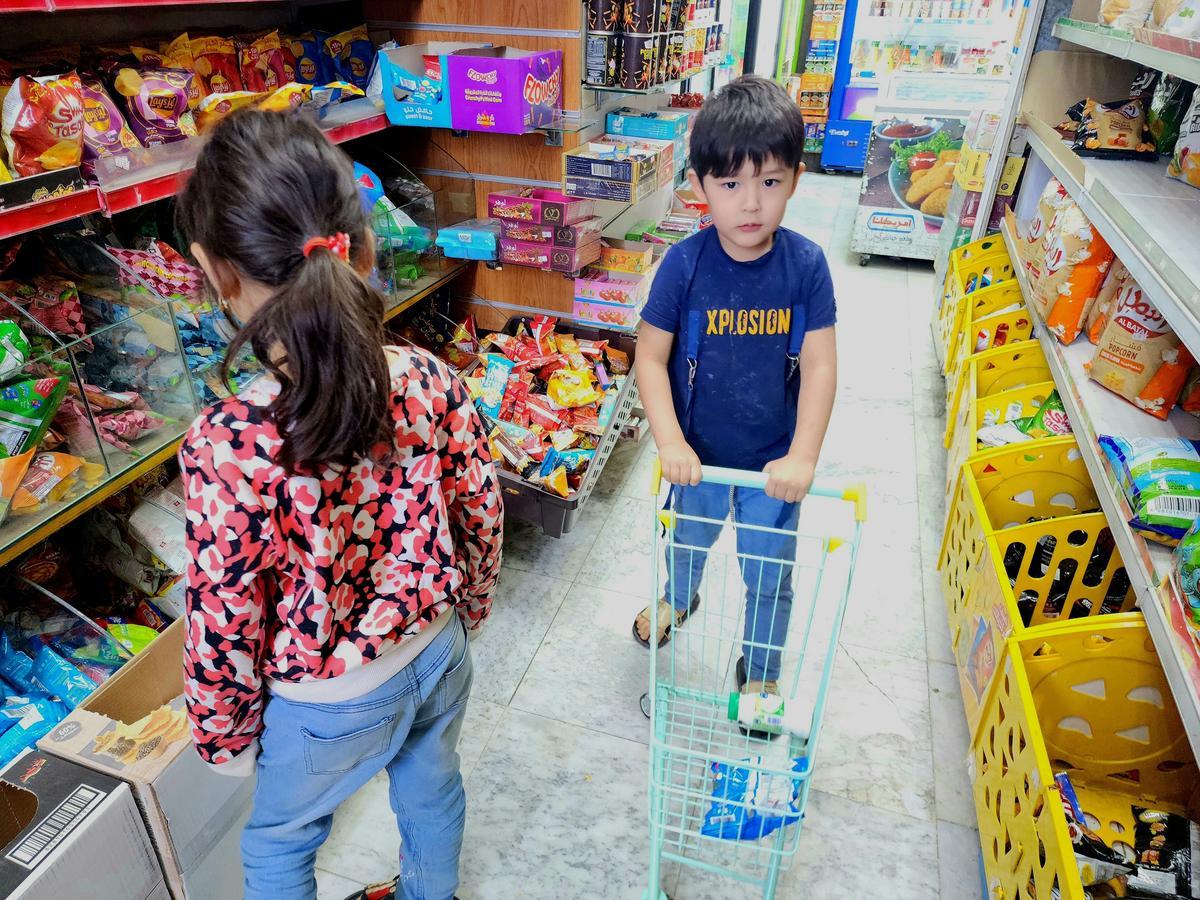The Jeddah Autism Center (JAC) celebrated its 25th anniversary on April 2nd, 2019, marking a monumental shift in Saudi Arabia's understanding and acceptance of autism. What began in 1999 as an initiative by Kuwaiti advocate Samera Alsaad, aimed at providing educational support for children with autism, has blossomed into the largest autism center in the Western Region of Saudi Arabia.
Today, JAC stands as a symbol of progress, offering specialized programs that help autistic children lead independent and fulfilling lives.
Early Challenges and the Rise of JAC
In its early days, JAC faced significant challenges, operating from a small villa with a handful of staff. At that time, there was little awareness or understanding of autism within Saudi society. Parents often lacked access to the right medical support, and many chose to send their children abroad for education—sometimes driven by social stigma. The establishment of JAC marked the beginning of a much-needed change in the Kingdom’s approach to autism education.
JAC’s Expansion and Corporate Support
Over the years, JAC has expanded both physically and educationally. Today, it offers a comprehensive educational program that includes reading, writing, science, and life skills training. Thanks to generous corporate sponsors like SABIC and the Al Olayan Group, JAC has moved into a modern facility equipped with the resources needed to accommodate a growing number of students. However, despite its success, the center still faces challenges, such as long waiting lists and a shortage of qualified teachers.
Supporting Parents and Teachers in Autism Education
JAC’s autism education efforts extend beyond the classroom, providing training and support to parents—particularly mothers—who often bear the psychological and emotional burden of caring for an autistic child. While progress has been made in integrating autistic children into regular schools, societal acceptance remains a key hurdle.
JAC’s Role in Autism Education and Saudi Society
JAC’s 25-year journey highlights the importance of corporate social responsibility (CSR) in fostering societal change, with local businesses and government entities playing an instrumental role in the center’s development. Despite the strides made, the work remains unfinished.









0 Comments
No comments yet. Be the first to comment!